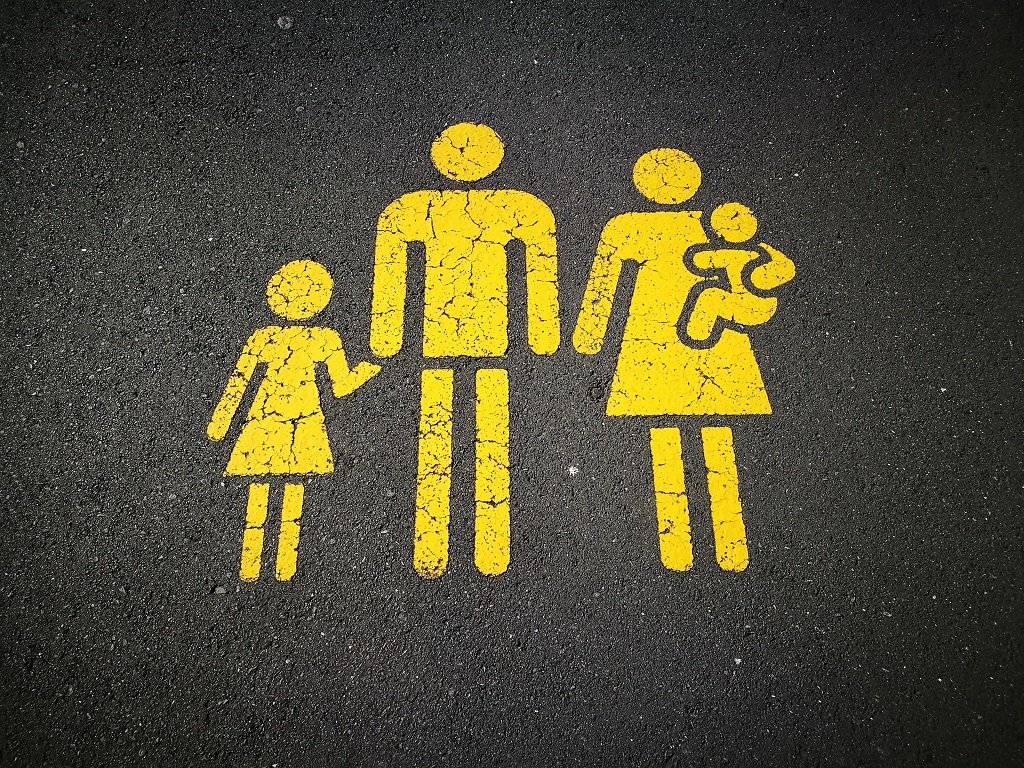Dysfunctional families fail at this one important thing
Photo by Sandy Millar on Unsplash
Dysfunctional families do this one thing that kills communication. It happens when one member of the family has a problem with another.
Instead of going to her directly, they talk about her to other members. Instead of seeking to help a member who may be struggling, other members discuss that person behind her back.
scapegoating tactics
Sometimes, they use scapegoating tactics to demonize one person. If they can label this person defective, they can continue in their belief that the family has no accountability and are doing just fine, thank you.
Dysfunctional families avoid growth and change at all costs. They're more interested in "being right" than understanding the other party.
These families often go to great lengths to preserve the status quo. They sacrifice the rights and freedoms of the individual to keep the family system running.
In such systems, communication is neither honest nor open. If you grew up in such a family, you may have learned not to express your opinions and ideas. Especially when they differed from those of the family.
Healthy families, however, encourage members to express themselves openly. When conflicts arise, they deal with them directly. Rupture and repair means rare angry exchanges result in growth and deeper understanding.
Verbal abuse in dysfunctional families
Direct communication in dysfunctional families usually means verbal or even physical abuse. Instead of seeking to understand, they attack and demean the other person. Of course, this prevents any type of growth or deepened connection.
Silent treatment and walls are often erected against the family member who attempts direct communication. This prevents any resolution to the problem and punishes the person for their honesty.
This reinforces the family dynamic that it's safer to talk to others about someone with whom you have a problem. Going to them directly results in punishment, stonewalling, and abandonment.
Many people have struggled to break through this wall of silence. But dysfunctional families can be so rigid that it's impossible to have an honest conversation about a conflict.
They rely on rigid rules and roles that can't be challenged. Otherwise the system risks exposure and that means confessing problems that need changing. They don't want that.
That's why honest, growth-oriented people find it difficult or impossible to stay in relationship with their dysfunctional families of origin. Because no relationship existed to begin with.
True relationship means self-expression and the free exchange of ideas. It means gently confronting someone with whom you have a problem. It means using conflict as a springboard for deeper connection and positive change.
Dysfunctional families won't tolerate any of that.


